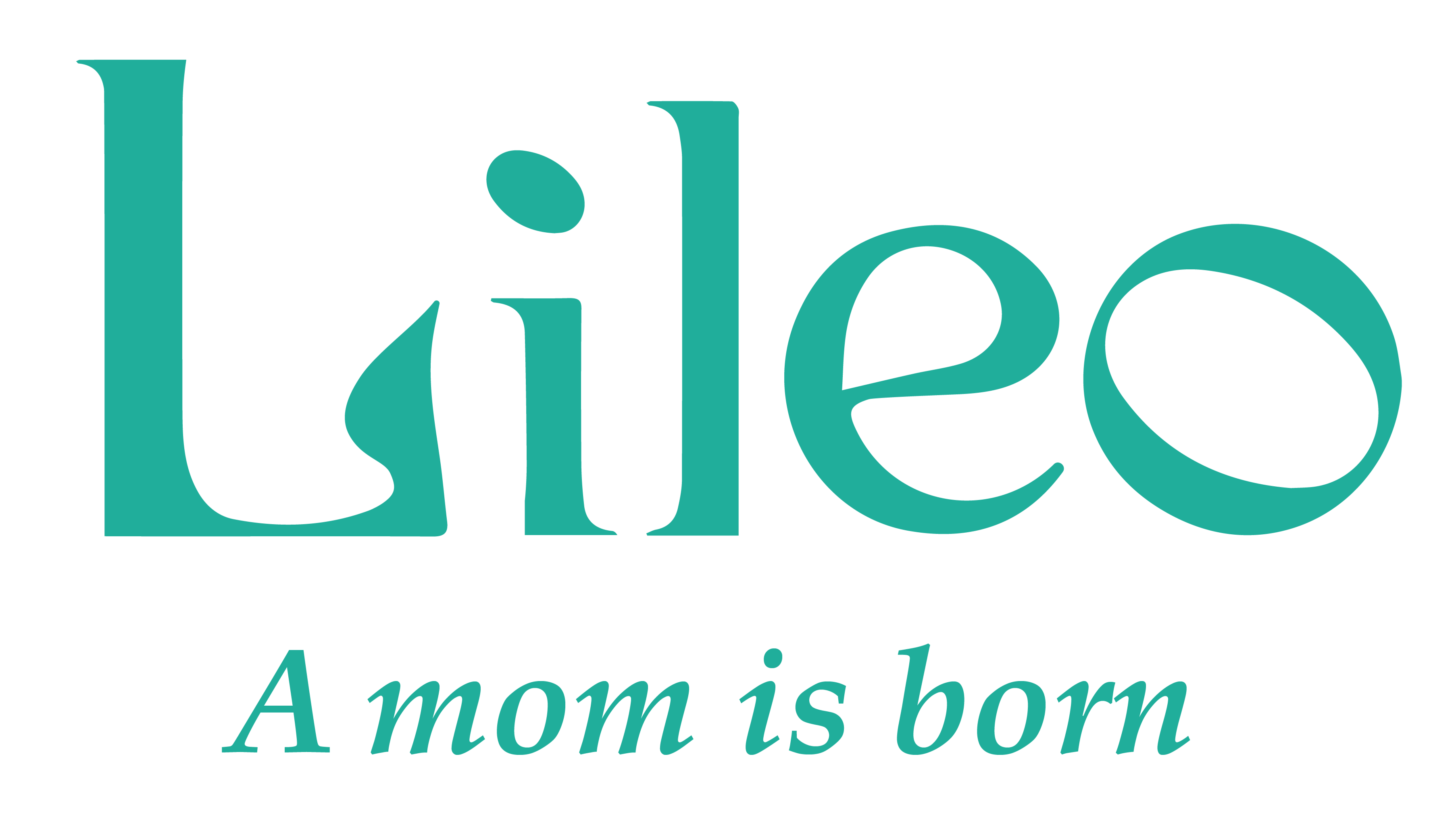Preparing for breastfeeding
Today, breastfeeding preparation is essential for mothers-to-be, as the instinctive knowledge once passed down from generation to generation has been lost. In the past, women learned to breastfeed by observing the women around them, but this natural transmission has disappeared over time. Today, many women no longer breastfeed or do so privately, making this knowledge less visible. This evolution can provoke anxiety and guilt, but it’s important to understand that it’s not a lack of competence. This is why breastfeeding preparation courses, in maternity wards or elsewhere, have become crucial.
Physical preparation: myth or reality?
Traditionally, there have been many recommendations for physically preparing the breasts for breastfeeding, such as massage, stretching and the application of specific creams. However, current research and experts agree that these practices are unnecessary. If you experience pain while breastfeeding, consult a lactation consultant. Breastfeeding shouldn’t be painful. Pain can be caused by stress from the birth, pregnancy, difficulties sucking the baby, inadequate positioning, etc. It requires treatment that can sometimes be multidisciplinary.
Some points to consider :
- No need to harden nipples : Pain and cracking are generally caused by poor latch – sucking difficulties on the part of the baby, and not by lack of nipple preparation.
- Use of creams: the use of creams is not recommended by clinical studies. They interfere with the scents and pheromones secreted by the Montgomery’s glands (around the nipple), which attract the baby to the breast.
- Natural preparation: Breasts prepare naturally during pregnancy. The Montgomery glands secrete a protective substance and the breasts increase in volume in preparation for lactation.
Mental and educational preparation
Preparing for breastfeeding is mental and educational. Understanding the basics of breastfeeding and knowing what to expect can make all the difference.
Steps to good mental preparation :
- Get informed: Read books and articles about breastfeeding. Attend prenatal breastfeeding classes if possible. Establish contact with a lactation consultant midwife so you can reach out to her in case any issues arise later.
- Meet other breastfeeding moms: Join support groups or meetings organized by associations like La Leche League, or ask your midwife if she organizes any.
- Learn the basics: Educate yourself about the physiology of breastfeeding hormones, breastfeeding positions, and signs of a good latch.
- Anticipate challenges: Be aware that challenges may arise, but there are solutions and support available. Having a list ready before the birth, including a midwife, a lactation consultant, a doula, an osteopath, or a pediatrician who supports breastfeeding, is a real advantage. Don’t hesitate to meet them before your baby arrives.
- Choose a supportive environment: Investigate the breastfeeding practices of the maternity ward where you will give birth. Ensure they follow WHO recommendations for optimal breastfeeding support. You can also learn about the physiology of birth, as breastfeeding is the natural continuation of the birth process.
- Surround yourself: Create a small network of family, friends, and neighbors to help you. They can assist with meals, cleaning, your first child, transportation, shopping, laundry, etc. After all, it is said that it takes a village to raise a child!
Recommended books on breastfeeding
To deepen your knowledge and feel more prepared, here are 3 recommended books:
- The Illustrated Handbook of Breastfeeding by Shiela H. Kippley
- A visual and informative guide covering all stages of breastfeeding with clear illustrations.
- Breastfeeding is good for you by Marie Thirion
- This book offers scientific information and practical advice for serene breastfeeding.
- The First Forty Days by Heng Ou
- A guide to postpartum care based on Chinese traditions, including advice on breastfeeding.
Feel free to check out our Facebook and Instagram accounts. We post daily information about breastfeeding.
Conclusion
Preparing to breastfeed allows you to reconnect with your maternal instincts, gain knowledge, and understand your baby’s needs. By informing yourself and surrounding yourself with support, you increase your chances of success and of making the most of this enriching experience. Remember that every mother and baby are unique, and what works for one may not work for the other. Be patient and open to learning throughout this nurturing journey.

